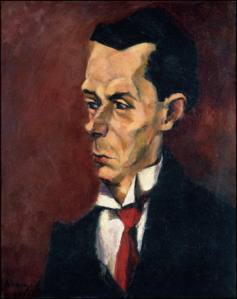Deadlines
Writers who are serious about their craft pour a lot of themselves into their writing. I’m a writer myself, so I know how this feels. But having written, the author wants the world to see it. And this urgency creates expectations.
A milestone gives a sense of accomplishment, but it also creates the expectation of more to come on a regular schedule. This is the idea of a deadline.
But consider how long it took you to write your book, story, article, poem, or whatnot. If you write for a newspaper or similar, you follow a formula and crank out the product. That’s hard.
If your work is creative, you have more time.
Unless you’re on a deadline, that is–from your publisher, for example, and may we all suffer that fate.
But this article is about editors. Remember this guy?
Our work combines the creative and the mechanical. Planting commas where they belong and pulling out the strays is something that a machine should be able to do, but efforts to date at getting word processors to check grammar and spelling in a reliable way leave much to be desired. And so we editors plow through manuscripts, seeding and weeding.
That much can be done on a steady pace, determined by how many errors the writer made and how much stamina the editor has.
But there’s more to it. The creative part of writing can’t be done mechanically. And that means that it’s hard to predict how long editing for the flow of the narrative or the motivations of the characters or so forth and such like will take.
This reminds me of the old line about how the work can be done in a good, quick, or cheap manner–pick any two. That’s the fact of life. So you can have your book edited by tomorrow, but it’ll cost you, or the work won’t be worth much. Or you can let your editor do a good job in the time it takes. But whatever choice you make, keep reading, keep writing, and keep submitting.
Crossposted on English 301: Reading and Writing.










